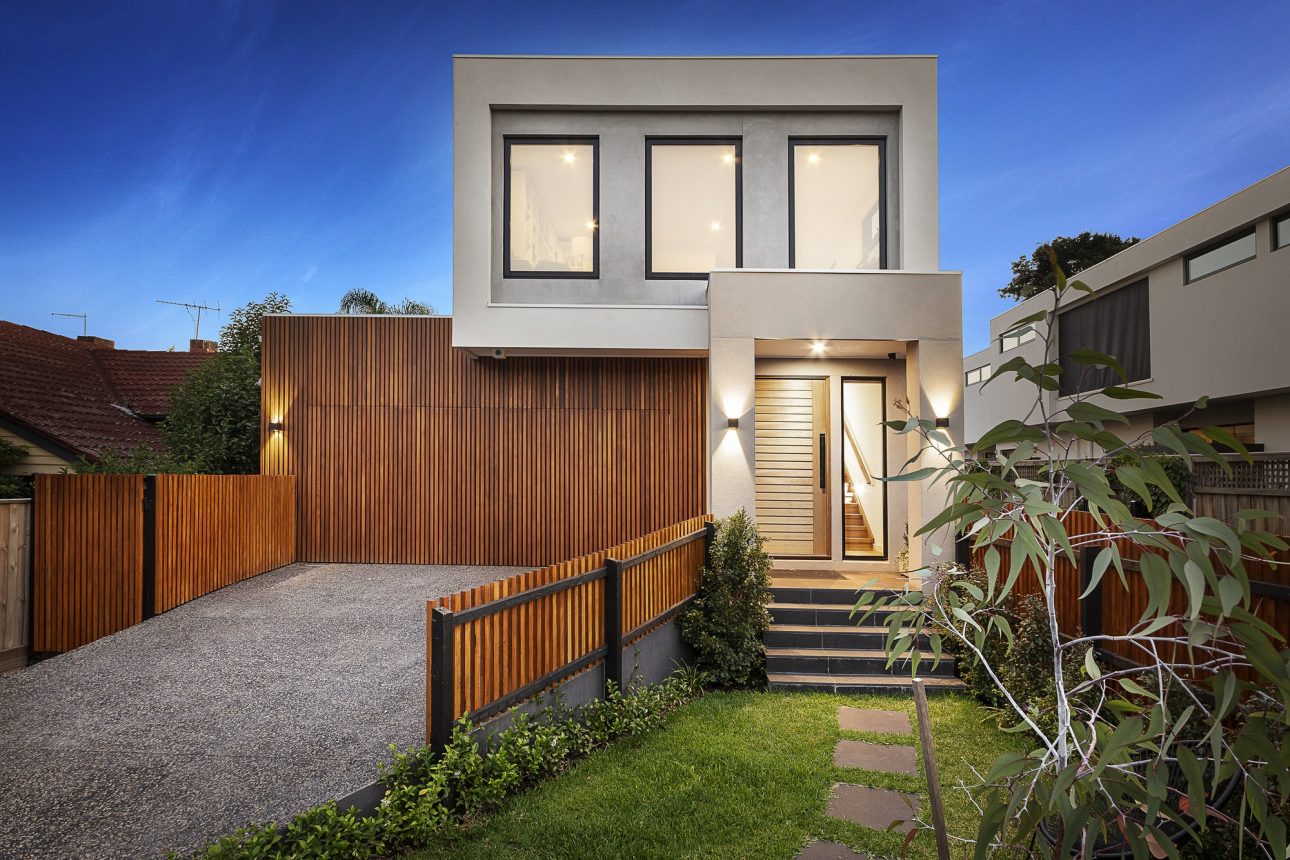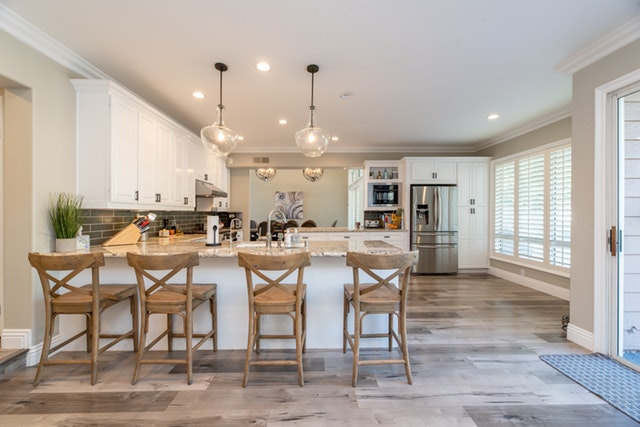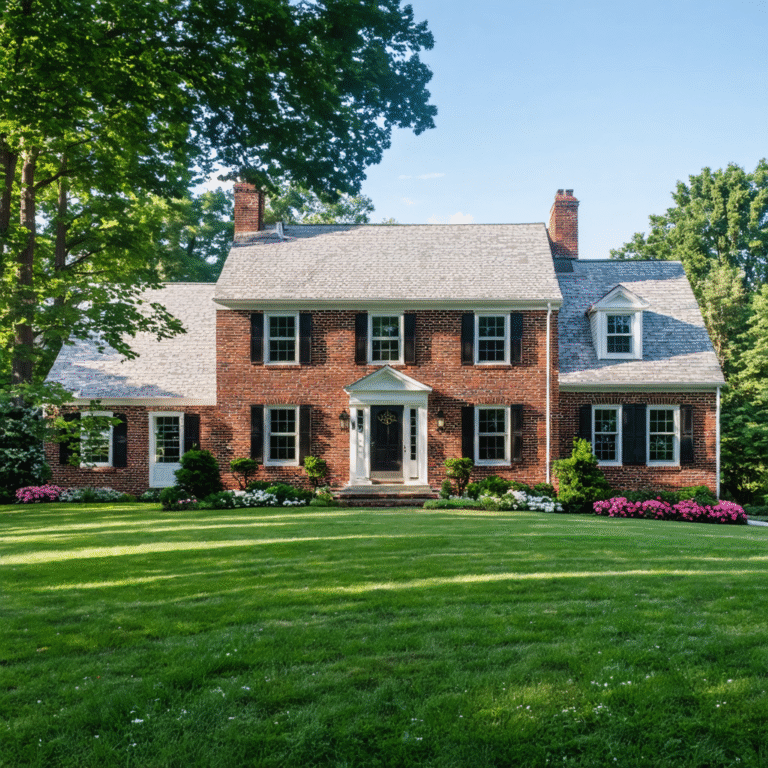Selling a home is a significant financial transaction, and understanding how market conditions influence your property’s selling price is crucial for a successful sale. Market dynamics can either work in your favor or pose challenges, depending on various factors. This comprehensive guide explores how different market conditions affect home prices and provides actionable strategies to navigate them effectively.
Understanding Market Conditions
Market conditions in real estate are primarily categorized into three types:
Seller’s Market: Occurs when demand exceeds supply, meaning more buyers are looking for homes than there are available properties. This often leads to higher home prices and quicker sales.
Buyer’s Market: Happens when supply exceeds demand, resulting in more homes available than buyers. This can lead to lower home prices and properties staying on the market longer.
Balanced Market: A situation where the number of buyers and sellers is relatively equal, leading to stable home prices and reasonable selling periods.
Factors Influencing Market Conditions
Several elements contribute to the state of the real estate market:
- Economic Indicators: Factors such as employment rates, GDP growth, and consumer confidence influence buyers’ purchasing power and willingness to invest in real estate.
- Interest Rates: Lower interest rates make borrowing more affordable, increasing buyer demand, while higher rates can deter potential buyers due to increased mortgage costs.
- Housing Inventory: The number of homes available for sale affects competition. Low inventory can drive prices up, while high inventory can suppress them.
- Seasonality: Real estate markets often experience seasonal trends, with spring and summer typically seeing more activity than fall and winter.
How Market Conditions Affect Your Home’s Selling Price
In a Seller’s Market
- Higher Selling Prices: Increased competition among buyers can lead to bidding wars, driving up the final sale price.
- Faster Sales: Homes tend to sell more quickly as buyers act swiftly to secure a property.
- Fewer Concessions: Sellers have the advantage and may not need to offer incentives or negotiate much on price and terms.
In a Buyer’s Market
- Lower Selling Prices: With more options available, buyers have the leverage to negotiate lower prices.
- Longer Time on Market: Homes may take longer to sell due to reduced demand.
- Increased Concessions: Sellers might need to offer incentives, such as covering closing costs or making repairs, to attract buyers.
In a Balanced Market
- Stable Prices: Home prices are generally steady, reflecting a fair equilibrium between supply and demand.
- Moderate Selling Time: Homes sell at a pace that doesn’t heavily favor buyers or sellers.
- Negotiations Are Common: Both parties have relatively equal negotiating power, leading to fair deals.
Strategies to Optimize Your Home Sale Based on Market Conditions
1. Accurate Pricing
- Seller’s Market: While you have more flexibility to price higher, ensure the price reflects the home’s value to avoid appraisal issues.
- Buyer’s Market: Set a competitive price to attract buyers and avoid prolonged time on the market.
- Balanced Market: Price your home based on recent comparable sales and current market trends.
2. Enhance Curb Appeal
First impressions matter. Invest in landscaping and exterior improvements to make your home more inviting.
3. Stage Your Home
Present your home in the best light by decluttering, depersonalizing, and arranging furniture to showcase the space effectively.
4. Invest in Repairs and Upgrades
Address necessary repairs and consider cost-effective upgrades that can increase your home’s value and appeal.
5. Effective Marketing
Utilize professional photography, virtual tours, and online listings to reach a broader audience. Highlight unique features and amenities.
6. Be Flexible with Showings
Accommodate potential buyers’ schedules to increase the chances of receiving offers.
7. Offer Incentives
In a buyer’s market, consider offering to cover closing costs, provide a home warranty, or include appliances to make your property more attractive.
8. Work with an Experienced Real Estate Agent
A knowledgeable agent can provide valuable insights into market conditions, help set the right price, and develop a tailored marketing strategy.
The Role of Online Platforms in Home Selling
In today’s digital age, many sellers opt to sell home online. Listing your house for sale online increases visibility and can attract a wider pool of potential buyers. Ensure your online listing is detailed, includes high-quality images, and highlights key selling points to stand out among other realtor houses for sale.
Conclusion
Market conditions play a pivotal role in determining your home’s selling price and the strategies you should employ. By understanding whether you’re in a seller’s, buyer’s, or balanced market, you can make informed decisions to optimize your sale. Stay informed, be adaptable, and leverage professional expertise to navigate the complexities of real estate property sales successfully.
How we can help
A home transformation bundle filled with tips for home improvement
Decluttering, organizing, and decorating your home offer numerous benefits that enhance both your living environment and overall well-being. Here are things to mull over:
First, a clutter-free environment can improve sleep, boost mood, and promote relaxation. Decluttering increases self-worth, creates healthy habits, and boosts productivity.
Second, more than two-thirds of people partake in a good spring cleaning session each year. This indicates a widespread recognition of the benefits of decluttering.
Third, a survey revealed that 38.46% of respondents felt they had far too much clutter. Meanwhile, 39.03% said it’s starting to build up, highlighting the common struggle with maintaining organized spaces.
Lastly, a significant number of individuals prioritize home decoration, with 35% opting for modern styles, 22% for traditional, and 12% for mid-century modern designs, reflecting a desire to create personalized and appealing living spaces.
Because of these considerations, we have created the ultimate home transformation bundle.
Let us match you with an agent
If none of the tips above helped, it may be time to move.
You can do so alone but working with a real estate agent offers numerous advantages for both buyers and sellers. Here is why:
A significant majority of individuals engage real estate agents in their transactions. Specifically, 87% of home buyers and 89% of sellers work with an agent.
Homeowners who sell without an agent tend to receive 5–7% less for their properties compared to those who use professional representation.
A substantial 76% of home buyers would use a real estate agent again or recommend one to others, indicating high satisfaction levels.
57% of buyers found that agents were instrumental in helping them decide the details of their offers.
53% appreciated agents for organizing and submitting the necessary paperwork during the purchasing process.
Experienced agents can often set a price on a home the moment they walk through the door, thanks to their deep understanding of local markets and property values.
We can help you find an agent in the most convenient way, just fill our form and be matched with an agent, it is that simple.













